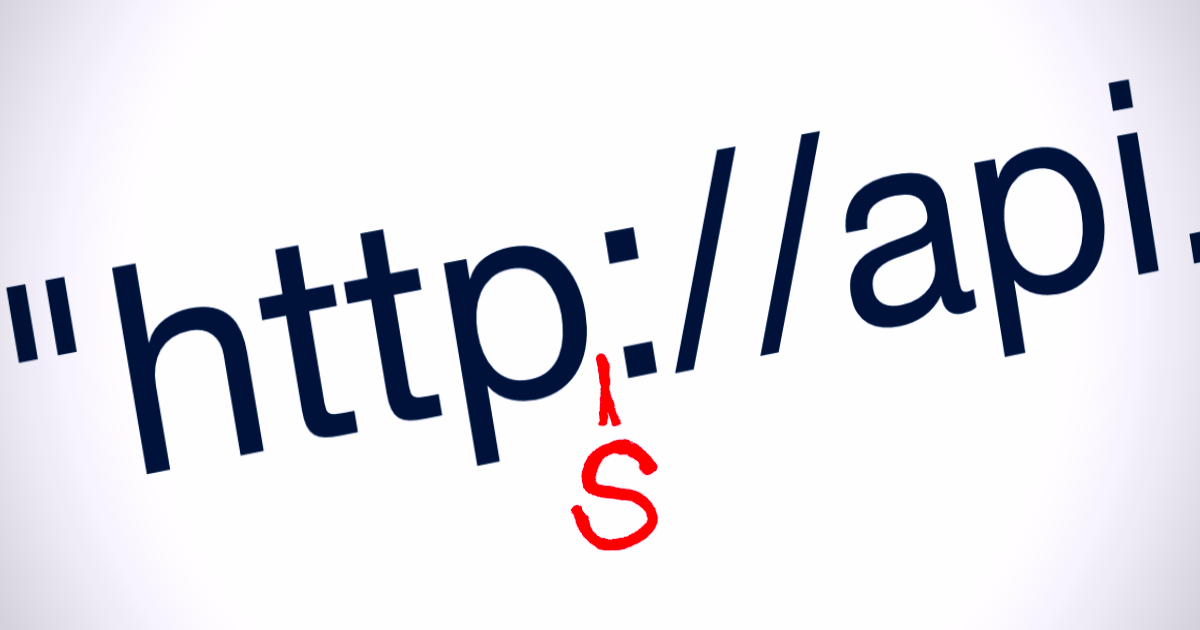Mastodon: @[email protected]
- 117 Posts
- 112 Comments

 11·7 months ago
11·7 months agoThat’s an unnecessarily strong reaction. Money clearly matters for some things. But that’s not all that matters. There are many people releasing FOSS without any financial expectations. Clearly, money doesn’t matter to those people on that context. Trying to argue that “money should matter also for those people on that context” doesn’t make too much sense to me. Nobody is forcing anybody to release FOSS.

 11·7 months ago
11·7 months agoSorry, I don’t follow your reasoning. Why would a company not making money be a relevant problem for the advocates of FOSS? FOSS is about freedom. It never had an opinion about money. Money has always been irrelevant. Some people may not like it, and they are free to not use non-free licenses. And FOSS advocates will warn users about that (as they did in the past). FOSS doesn’t have an obligation to offer a solution to every problem in the software industry.

 1·7 months ago
1·7 months agoI don’t think that is relevant from author’s (and OSI’s) point of view.

 3·7 months ago
3·7 months agoHere is my understanding of author’s position: Stay away from companies like Redis and ElasticSearch. They are building software with a proprietary mindset (the fact that they have tight control over product strategy and development demonstrates this) only to realize that they are being devoured by bigger fish. It’s a business model problem, not an open source problem.

 43·7 months ago
43·7 months agoHere is the link to the original website (an NGO that monitors blocked websites in Turkey): https://ifade.org.tr/engelliweb/distrowatch-erisime-engelledi/
And here is the Google translation of the text on that page:
The IP address of the DistroWatch platform, which provides news, reviews, rankings and general information about Linux distributions, was blocked by the National Cyber Incident Response Center (USOM) on the grounds of “IP hosting/spreading malware”.

 3·8 months ago
3·8 months agoI think you are highlighting an important point that are missed by other commenters emphasizing the developer. I prefer GPL over MIT license. But this is a possible fallback if Redis decides to change its licensing (like several others did).
I think these kind of products have strategic significance for MS for their Azure offering. They are probably preparing to offer this there (in addition to and as an alternative to Redis). So, it makes sense for Microsoft to release this with an OSS license (otherwise no one will adopt it).
I mainly develop in C#, and I agree that having to write so much boiler plate for type safety is really boring. C# is not perfect either (it doesn’t have discriminated unions, etc.) but at least it gives type safety out of the box.
However, in general, I think enums are widely misused. I see a lot of cases where they should have been classes with a factory, but ended up being enums with a lot of static functions and switch statements.

 17·9 months ago
17·9 months agoWho is this particular developer
As far as I understand from the discussions about the topic, Maxim Dounin was one of the few core developers of nginx. Looks like Wikipedia has already been updated.

 4·9 months ago
4·9 months agoI suppose you are right. If AWS doesn’t support STS versions, these will be only applicable to Azure (I know nothing about GCP). It probably makes sense for AWS to stick to LTS versions (I would do the same). But isn’t that a choice made by AWS (rather than Microsoft).
I know you said “self hosted”, but if you are interested in an Android app, Google Play Books does most of what you want, I think. You can upload your books, and read them on any device (with offline capabilities). But this is the Self Hosted community, so I will show myself out.

 17·9 months ago
17·9 months agoI don’t follow it very closely, but as far as I know, they are the only one implementing the open protocol they designed (which doesn’t interoperate with ActivityPub). However, there seems to be some efforts for creating a bridge: https://www.docs.bsky.app/blog/feature-bridgyfed
As you said, there are some recognizable faces and that may impact the adoption. But not being compatible with ActivityPub is a real bummer.

 3·9 months ago
3·9 months agoWhen I joined some years ago, it automatically created a private, invite-only room named “Echo Chamber” with me being the single member. If it didn’t happen to you automatically, you can create one yourself.

 3·9 months ago
3·9 months agoSounds like a good plan, thanks!

 4·9 months ago
4·9 months agoI would be interested in this, but I’m on this side of the pond. So good luck! Would be good if you made the recordings available afterwards.

 1·9 months ago
1·9 months agodeleted by creator
I think single account ActivityPub implementations are addressing a weakness of the Fediverse: one’s identity (handle, username) is tied to an instance they have no control over. If that instance shuts down users lose everything. With a single account instance, you take that control back. And since it doesn’t need to scale the architecture can be much simpler and can be deployed to much cheaper infrastructure.
The demo was not straightforward, though. And I didn’t quite get how a user can follow Mastodon users, for example.

 1·9 months ago
1·9 months agoPossibly. My point is: despite having a common subset Pkl and JSON schema doesn’t seem to be solving the same problems. But, I’m just learning about it, so I may just be wrong.

 3·9 months ago
3·9 months agoI just learned about Pkl, so take this with a grain of salt. JSON Schema and Pkl seem to have some overlap. But JSON schema is not specifically designed for handling configuration and Pkl supports other formats like YAML.

















Don’t they already have the names Leap and Tumbleweed? Changing the name to Leap would make sense since it’s the name of the “official LTS” version. At this point it sounds like “openSUSE” is the name of the project and not the distro. But I haven’t been following them closely, so perhaps I’m wrong.